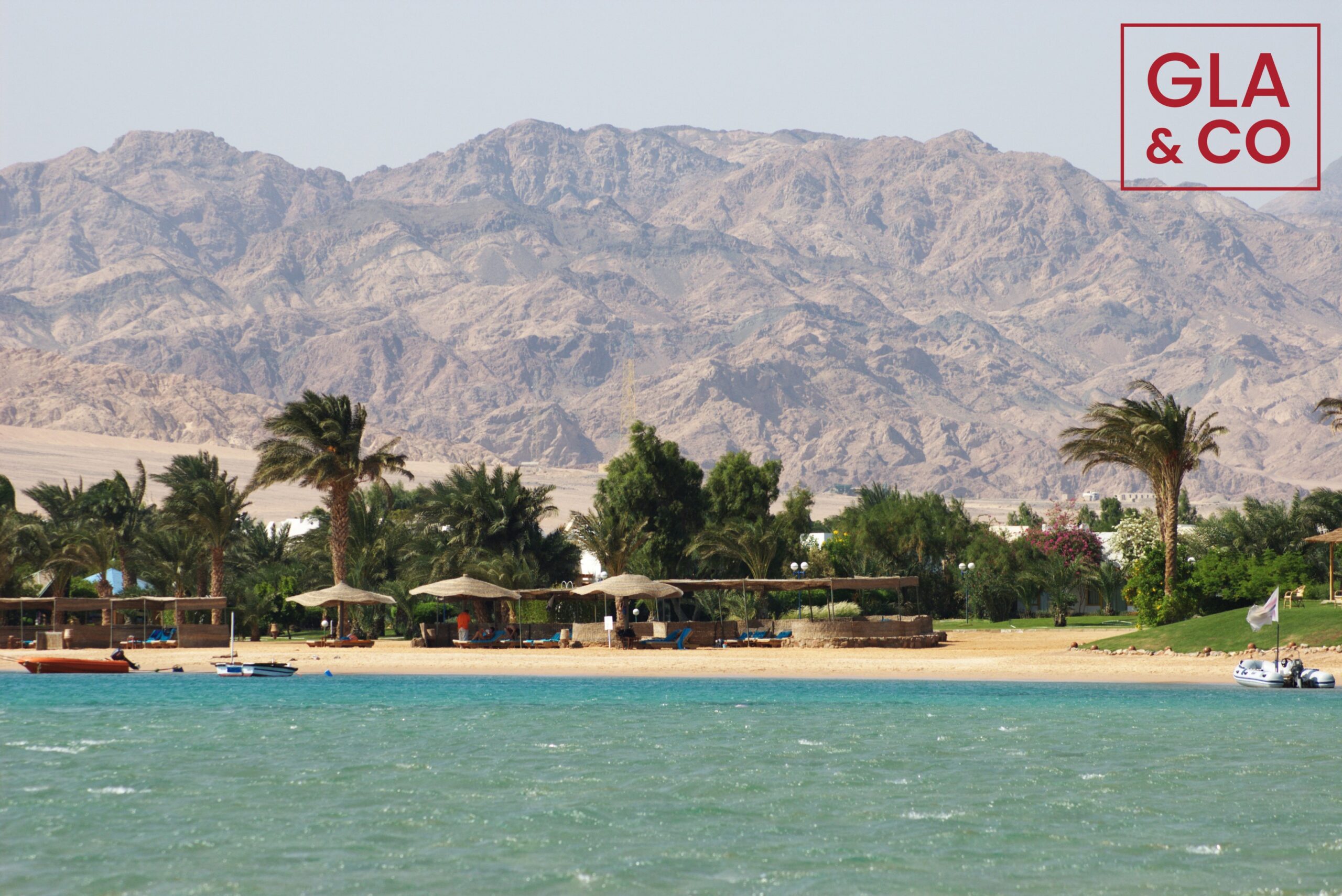
Ownership in Sinai Peninsula and its effect on M&A Transactions
On the 19th of January 2012 the Integrated Development in the Sinai Peninsula Law No. 14 of 2012, as amended (“Sinai Law”) was issued to regulate the ownership of lands and assets as well as the projects established on Sinai Peninsula.
The application of Sinai Law is limited to projects and activities established after its issuance date, while any projects established prior to this date will fall under the regulatory framework that was in place at the time of their establishment.
The Sinai Law encompasses several crucial provisions that impacts investments in Sinai Peninsula, specifically relating to nationality restrictions imposed on real estate ownership, as well as the ownership of the company’s shares. These restrictions are as follows:
- Under Sinai Law, land and asset ownership is generally restricted to Egyptians with Egyptian parents. However, non-Egyptians and dual nationality holders can carry out their activities by virtue of usufruct agreement for a period which shall not exceed (including any renewals thereof) 75 years. Exceptions can be made, with approval from the Board of Directors of the National Authority for the Development of the Sinai Peninsula (“SDA’s BoD”) and the Ministries of Defense, Interior, and General Intelligence (“Competent Ministries”), allowing dual nationality holders and non-Egyptians to own built assets without owning the land.
- Regarding the Investment and development projects in Sinai Peninsula involving non-Egyptians shareholders must be undertaken by an Egyptian Joint Stock Company. This company must have a shareholding structure which consists of 55% Egyptians and 45% non-Egyptians. The prior approval of SDA’s BoD and the Competent Ministries, as well as the approval of the General Authority for Investment and Free Zones (“GAFI”) or Financial Regulatory Authority (“FRA”), as the case may be, are necessary for these companies to implement any changes to the company’s corporate documents or trading of shares on the stock exchange, offering securities and public/private subscription.
Notwithstanding the foregoing, the companies that implement integrated development project could be exempted by virtue of a presidential decree after the approval of the Competent Ministries, the Council of Ministers and GAFI or FRA, provided that such companies do not implement any changes in the company’s constitutional documents including any change in their shareholding structure without prior approval from SDA’s BoD and the Competent Ministries.
In practice and given that there are risks associated with obtaining an exception and/or the approval on change of shareholding structure, in particular to lack of certainty and lengthy timeline, companies which have a branch or any operations in the Sinai Peninsula may tend to carve-out such investment in order to proceed with a merger or acquisition transaction in order not to jeopardize the entire transaction.
Notwithstanding the strategic importance of the Sinai Peninsula, the Presidential Decree No. 128 of 2022 was issued to facilitate investments in some area by reducing the restrictions applicable under the Sinai Law in such areas (“Decree”).
The Decree provides that Sinai Law shall not be applicable on Sharm el-Sheikh, Dahab, and the Gulf of Aqaba touristic sector in South Sinai Governorate (“Excluded Areas“).Hence, the companies in the Excluded Areas (i) are no longer bound by the ownership structure restrictions for non-Egyptian shareholders; (ii) the Competent Ministries along with GAFI or FRA, are responsible for approving any changes to the companies’ structure or corporate documents (i.e., the SDA is no longer competent to review such requests); and (iii) privately-owned lands and assets by the government in the Excluded Areas can be disposed of through the term of the usufruct agreements which in any event shall not exceed to 75 years. From a practical standpoint, such Decree has reduced the risks, and therefore, bringing back the Sinai Peninsula on the foreign investor’s map.
Furthermore, based on the abovementioned Decree an amendment was made to the tender offer provisions of the Executive Regulations of the Capital Market Law No. 135 of 1993 (“Amendment”). Such Amendment emphasized on the restriction of the ownership of the company’s capital or voting rights in the Excluded Areas by requiring in some cases the prior approval from FRA and the Competent Ministries and added an extra-layer of requirement to apply the aforementioned restriction, if the indirect shareholding (including through related parties) exceeded specific thresholds.
The content of this article is intended to provide a general guide to the subject matter. To discuss how GLA & Co. can support you in implementing the above rules on a specific matter, please get in touch.
Authors: Hegui Taha, Partner and Maha El Meihy, Legal Director, and Habiba Wahdan, Associate.
For further information, please contact Alex Saleh (alex.saleh@glaco.com) and Hegui Taha,(hegui.taha@glaco.com).

